My Granddaughter’s Career Advice: “Just Start Crawling.”
Why the bravest step is often the wobbliest one. My granddaughter is the best teacher I know. Right now, her main goal is to get one knee in front of the other. She sees some
A few weeks back, we were saying hello to the New Year and January, packed with exciting changes, significant targets, and intelligent plans. These were ready to go, like tasty small plates at a big meal. But now, as we move into February, our attention is gently moving to something less obvious but compelling: how we think about things – our mindset.
“Mindset, for real?” You could question, brow arched higher than Dwayne Johnson’s “fiery gaze” in Jumanji (such a humor-filled act, wasn’t it?).
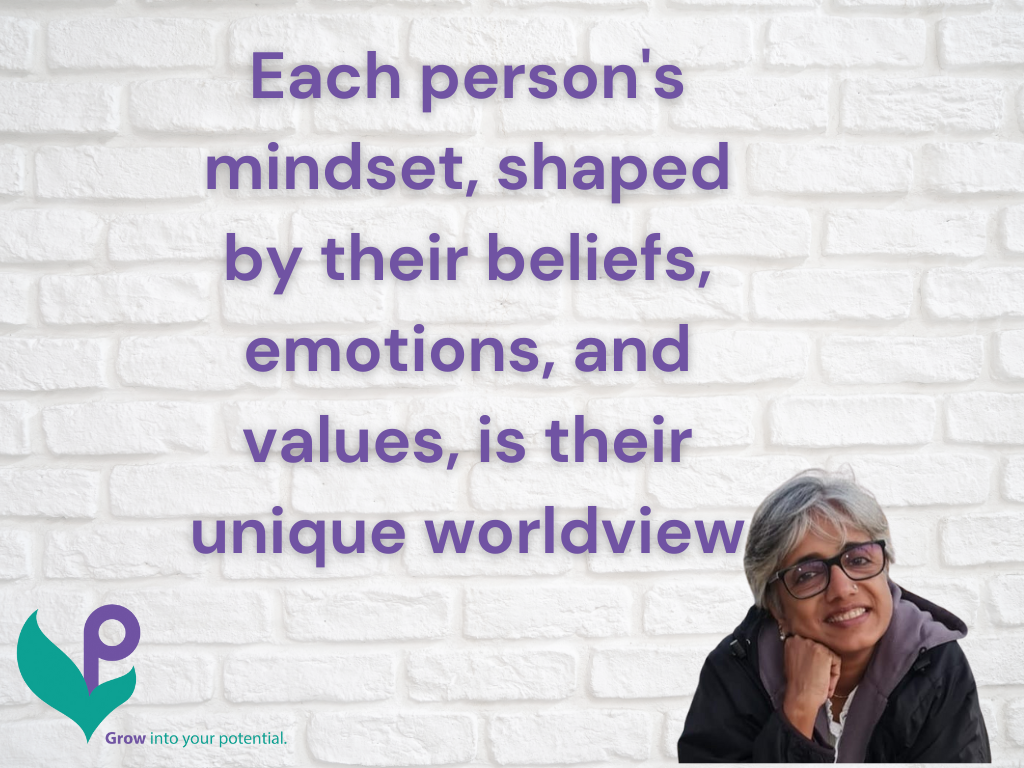
The Role of Mindset
Mindset is our mental view that shapes how we perceive the world and guides our actions. It can be fixed like a sturdy tree or flow like water, leading to two main types: fixed and growth mindset.
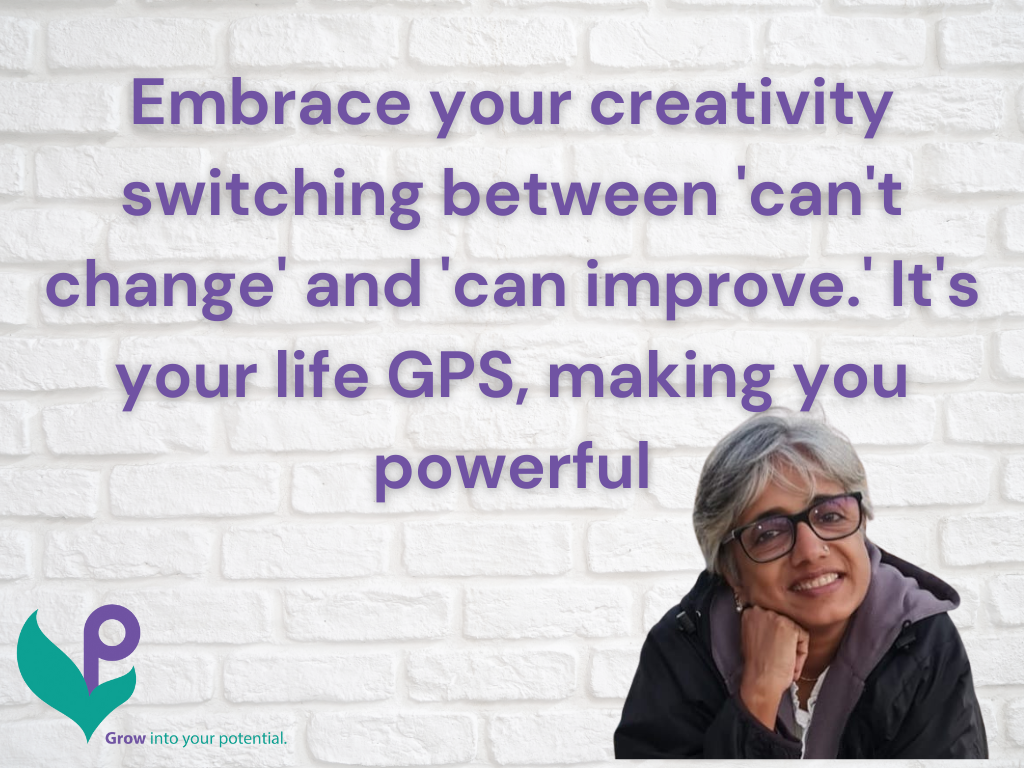
The Fixed Mindset
The fixed mindset is a concept developed by psychologist Carol Dweck in her book “Mindset: The New Psychology of Success.” A fixed mindset carries the assumption that our intelligence, capabilities, and talents are constant and cannot be meaningfully enhanced.
Much like staunch believers in predestined fate, they exclaim, “Success? Oh, it is in the genes”, dismissing the notion that blood, sweat, and tears can pull any weight in the success game.
Avoiding challenges is their favourite sport; why risk proving to the world (and themselves) that they are anything less than perfect? They view constructive criticism like an annoying fly buzzing around their flawless self, an annoyance they would rather swat away than listen carefully to its drone.
Here are some examples of a fixed mindset:
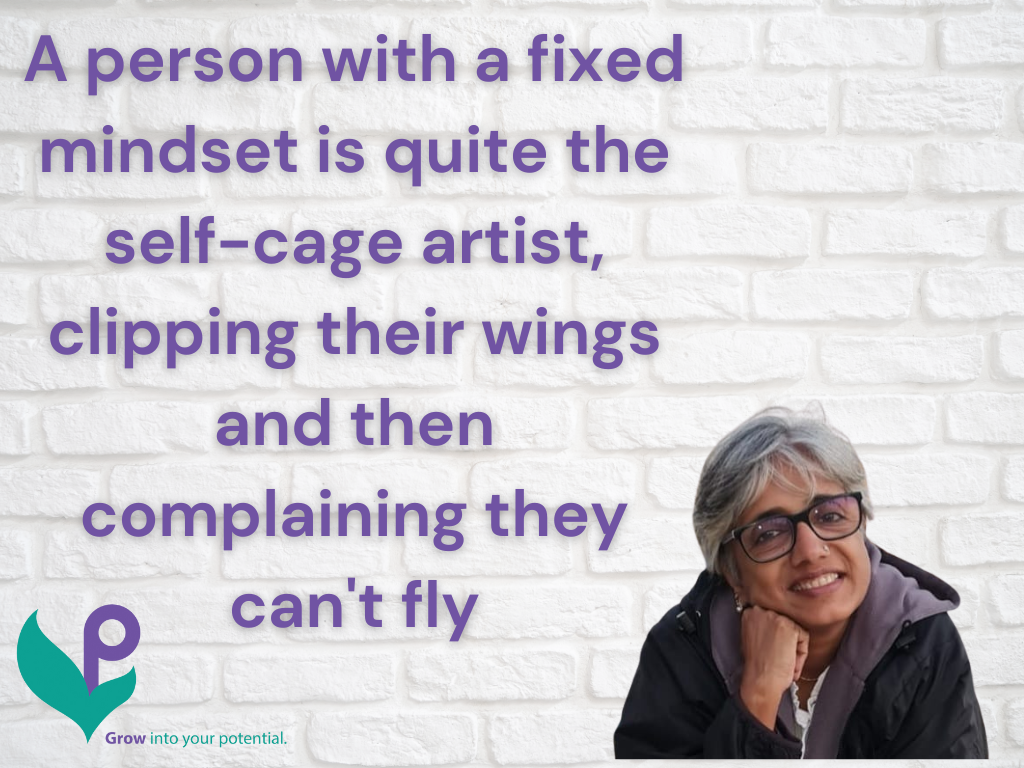
The Growth Mindset
According to Dweck, A growth mindset means believing you can improve at something through hard work and practice.
Think of the growth mindset as the mental equivalent of a gym membership. It is all about believing that your brain-brawn can be beefed up with a bit of sweating and straining. Challenges turn into sweaty workout sessions, while criticism is your trainer. And remember, there is no jealousy in this gym – others’ success is just inspiration for your next brain-pumping session!
Here are some examples of a growth mindset examples:
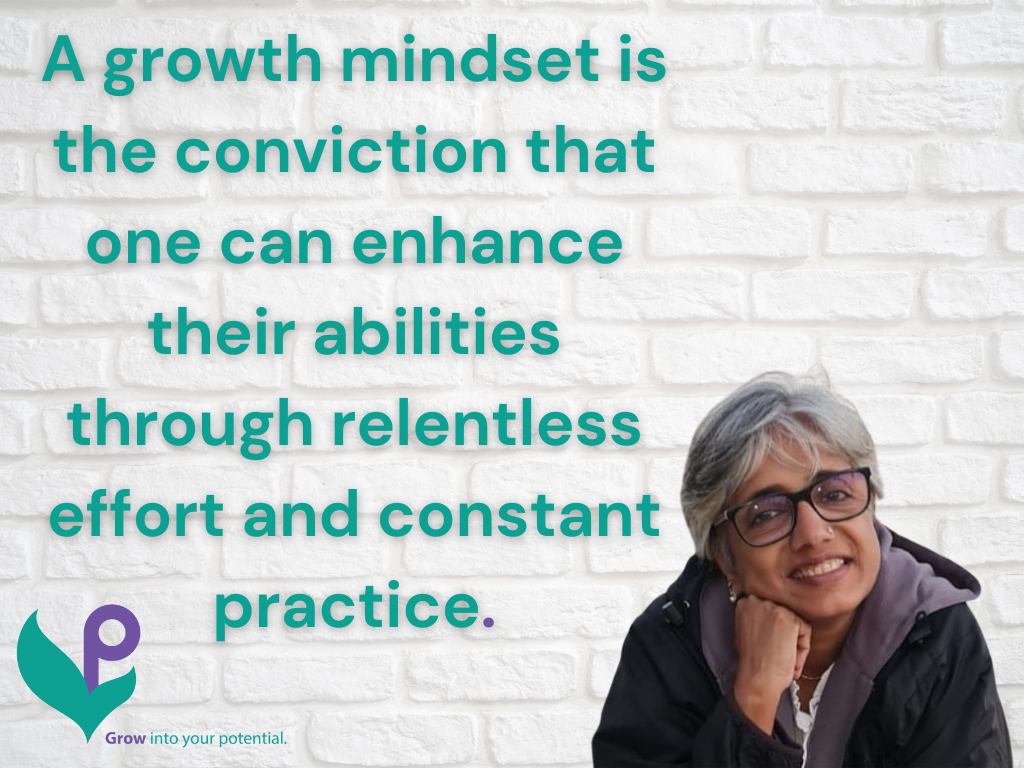
Harnessing the Growth Mindset
If we all want to grow—and who doesn’t?—what we need is a growth mindset. This type of thinking treats problems as an exciting chance to learn. It sees failure not as a sign of being stupid or unfit but as a kick-off point for improvement. It is easy to have this mindset; all we need to be is open and willing to change, like a chameleon changing its colors on the fly.
But going after a growth mindset can have its traps like any good thing. We might get tricked into thinking that everything is about growth or that all advice or feedback—whether helpful or not—is a magic key to success. In such times, it would serve us better to check ourselves, fix our direction if we are off, and keep going.
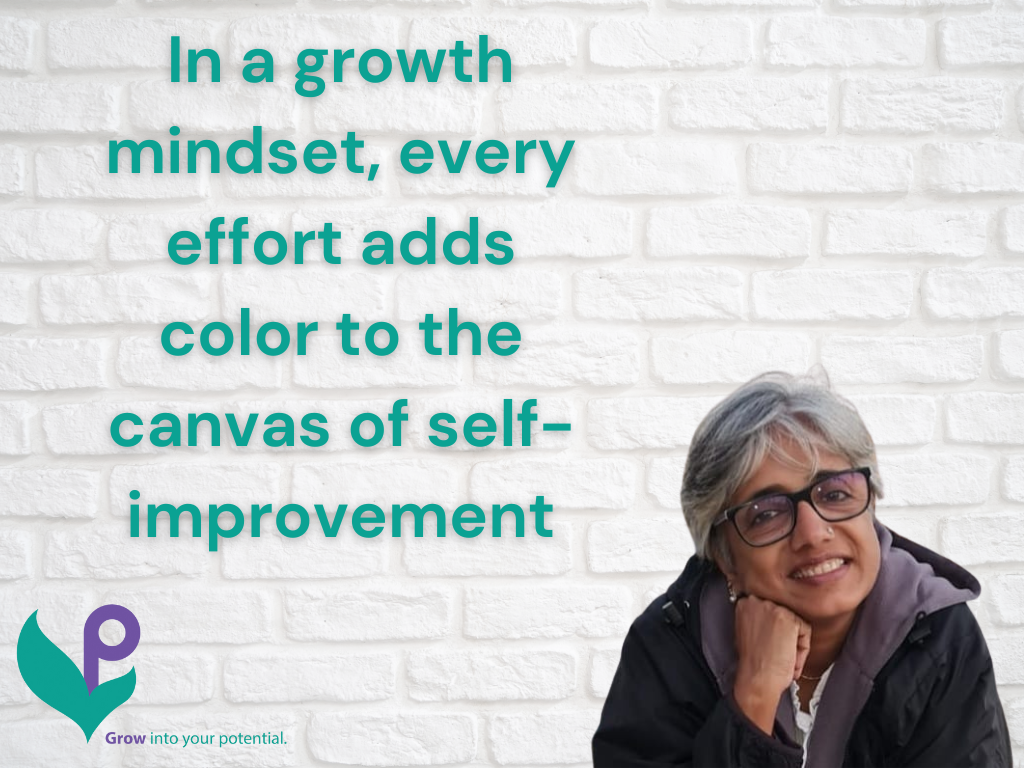
Cultivating a Growth Mindset
Cultivating a growth mindset involves both understanding and practice. Here are some ways to do it:
With a growth mindset, we are the boss of our own lives—coolly navigating life’s adventures with a healthy dose of courage and a side of humour!
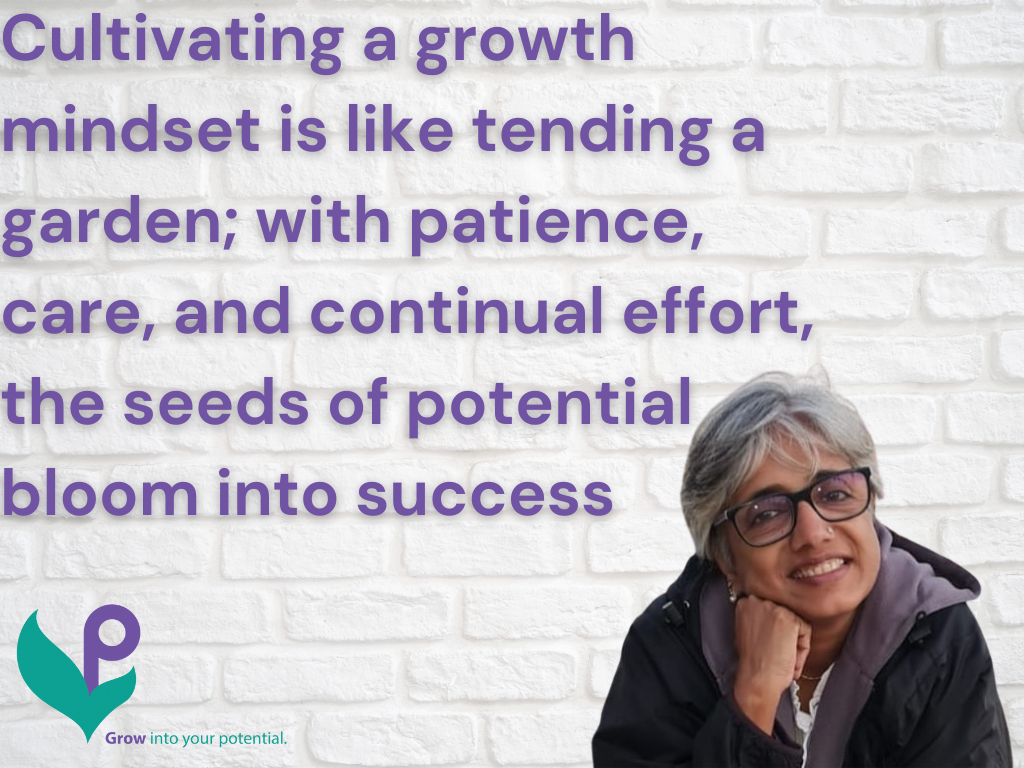
A Word of Caution
While the growth mindset has its merits, it is not the be-all and end-all for a few reasons:
While a growth mindset fosters resilience and continuous learning, other mindset frameworks, external factors, and systemic constructs also play critical roles in shaping life experiences.
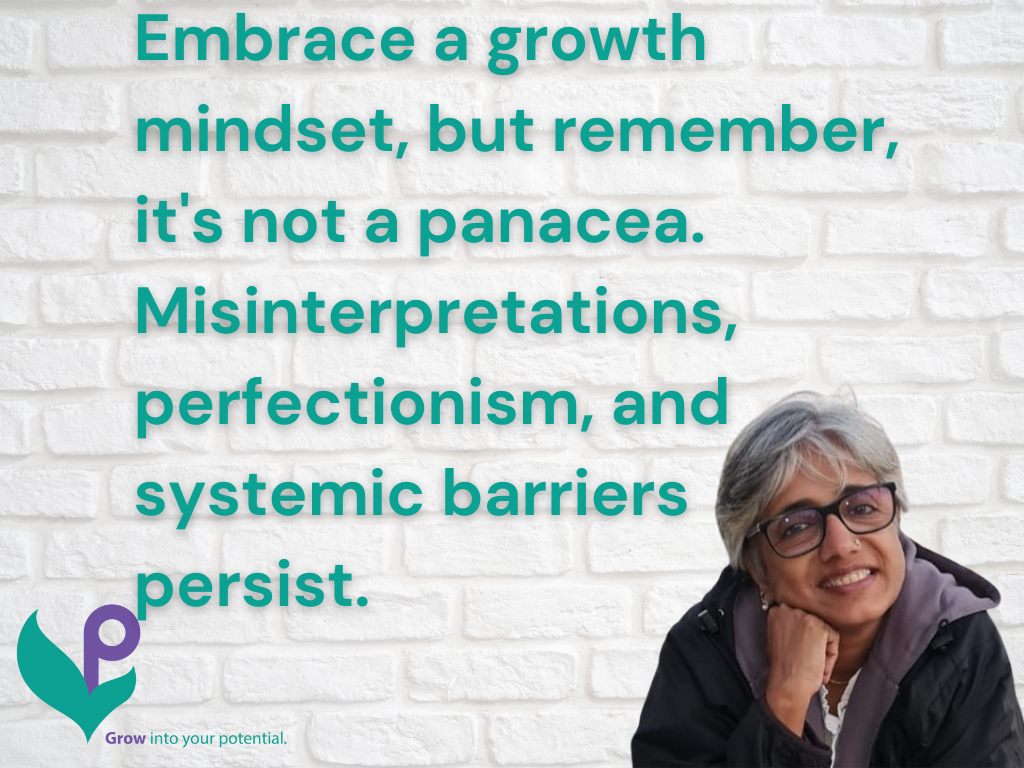
Other mindsets
the concept of mindset extends beyond these two frameworks. The following are examples of some alternative mindsets that individuals can embody:
A growth mindset is like believing a garden can grow endlessly (abundance mindset) and that the sun always helps it grow (positive mindset). Together, these mindsets make the garden grow more.
A fixed mindset is like a pond that does not change. A negative mindset is like constant bad weather stopping the pond from being sunny and happy. A scarcity mindset is being worried the pond will dry up. Together, these make the pond stuck – not growing or changing.
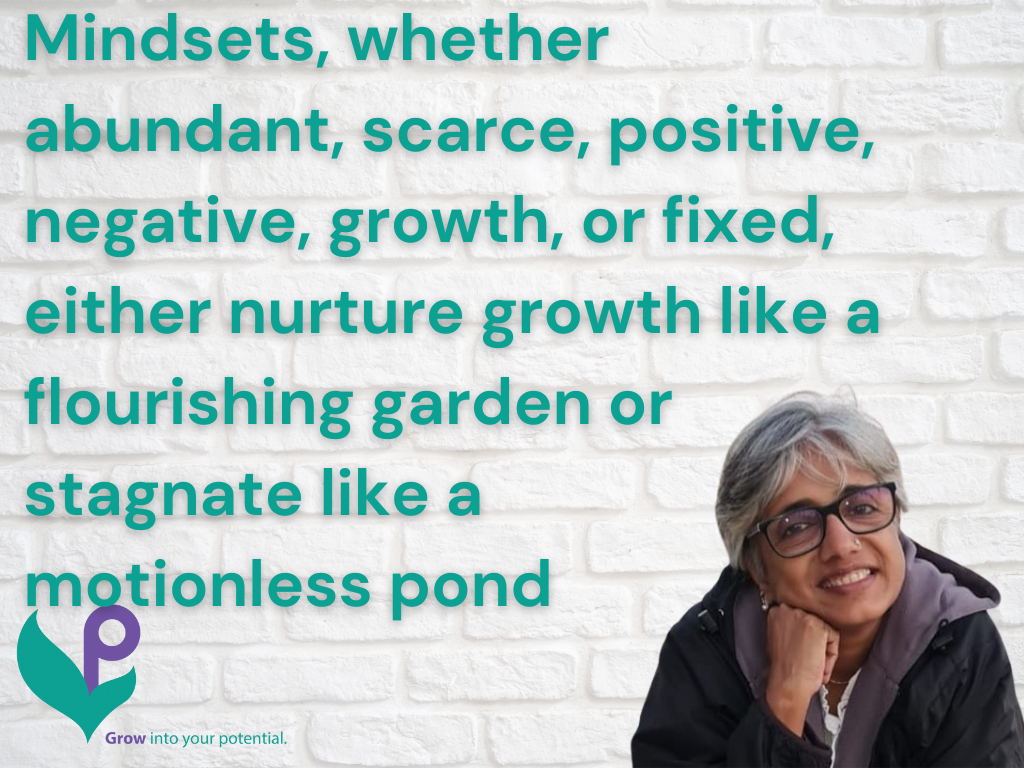
Seeking support
A mindset coach is like a guide who helps us become the best version of ourselves. They point out things we may not see in our thinking and help us grow. They keep us focused and motivated and help us better understand ourselves. They make our lives happier and our relationships better. They also help us do better in life and work. Simply put, they are like a teacher to our minds, helping us grow and get better.
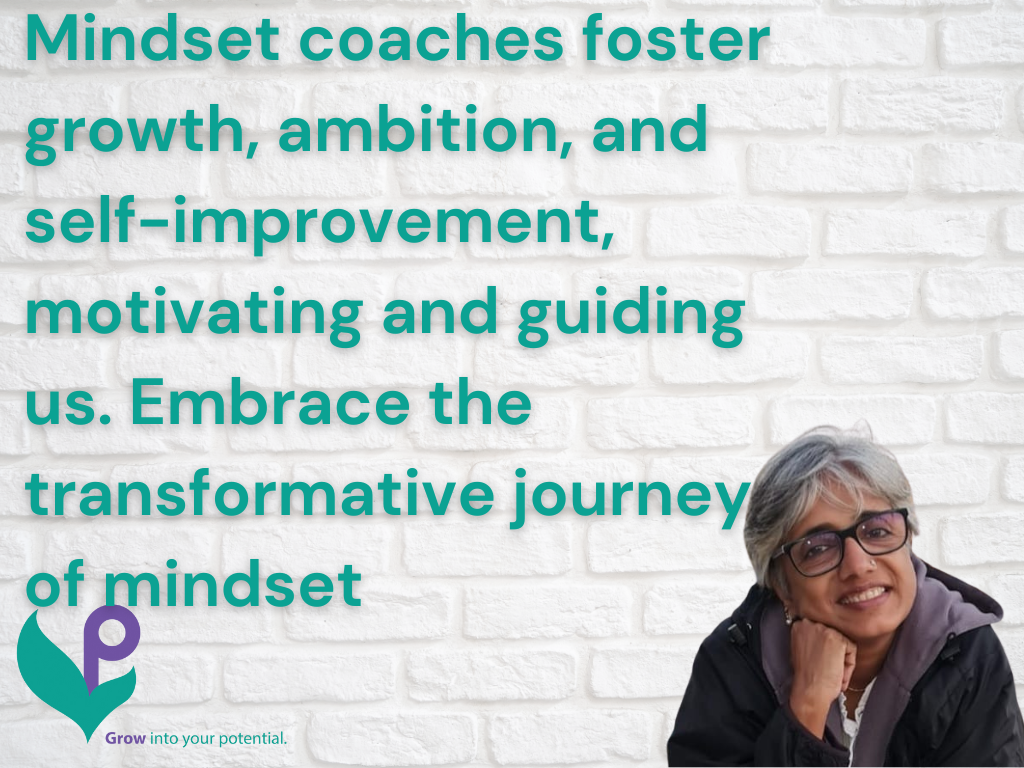
So, dive deep into the undercurrent of all actions and decisions – our mindset. The mental magic transforms dreams into reality, and it is a journey worth undertaking.
Why the bravest step is often the wobbliest one. My granddaughter is the best teacher I know. Right now, her main goal is to get one knee in front of the other. She sees some
As soon as we start, I can see it in your eyes. That hopeful, silent question. that desire for someone to simply give you the key. “Give me instructions. Tell me the strategy
I am Ammoma now, that’s grandmom in Malayalam. It still feels fresh, like the new name tag I’m becoming accustomed to. But here’s the thing: In her entire five months of life
Change isn’t a neat climb from struggle to success. Real growth is messy-like sailing through stormy seas where progress isn’t about speed, but learning to adjust your sails, g
Can you believe it’s almost 2025? It’s been one rollercoaster of a year, navigated with coffee in one hand and a to-do list in the other, and now we’re pausing to
Home About Offer Blog E-Book Book A Call There’s a quiet power in the moments we choose to lay aside the fast-paced rhythm of our professional lives for the purposeful pursui
Home About Offer Blog E-Book Book A Call Navigating the unpredictable waters of life recently, I’ve become the captain of a ship that sails from the Pharmacies to entrepreneu
Home About Offer Blog E-Book Book A Call Life’s a wild ride, isn’t it? We jump on this treadmill, doing job after job, ticking off tasks because they must be done. We’
Home About Offer Blog E-Book Book A Call Have you ever caught yourself holding your breath in anticipation or letting out a deep sigh of relief? It’s fascinating, isn’t
Copyright 2024 | Designed by Nirvana Dezigns
Copyright 2024 | Designed by Nirvana Dezigns
3 thoughts on “Mindset Matters: Kicking off February with Focus on Growth”
Pingback: The Power of Human Connections: A 96 km Lunch Journey | Grow With Praveena
Pingback: The Great Balancing Game | Grow With Praveena
Pingback: The Power of an Elevator Pitch: Crafting a Concise and Impactful Introduction | Grow With Praveena